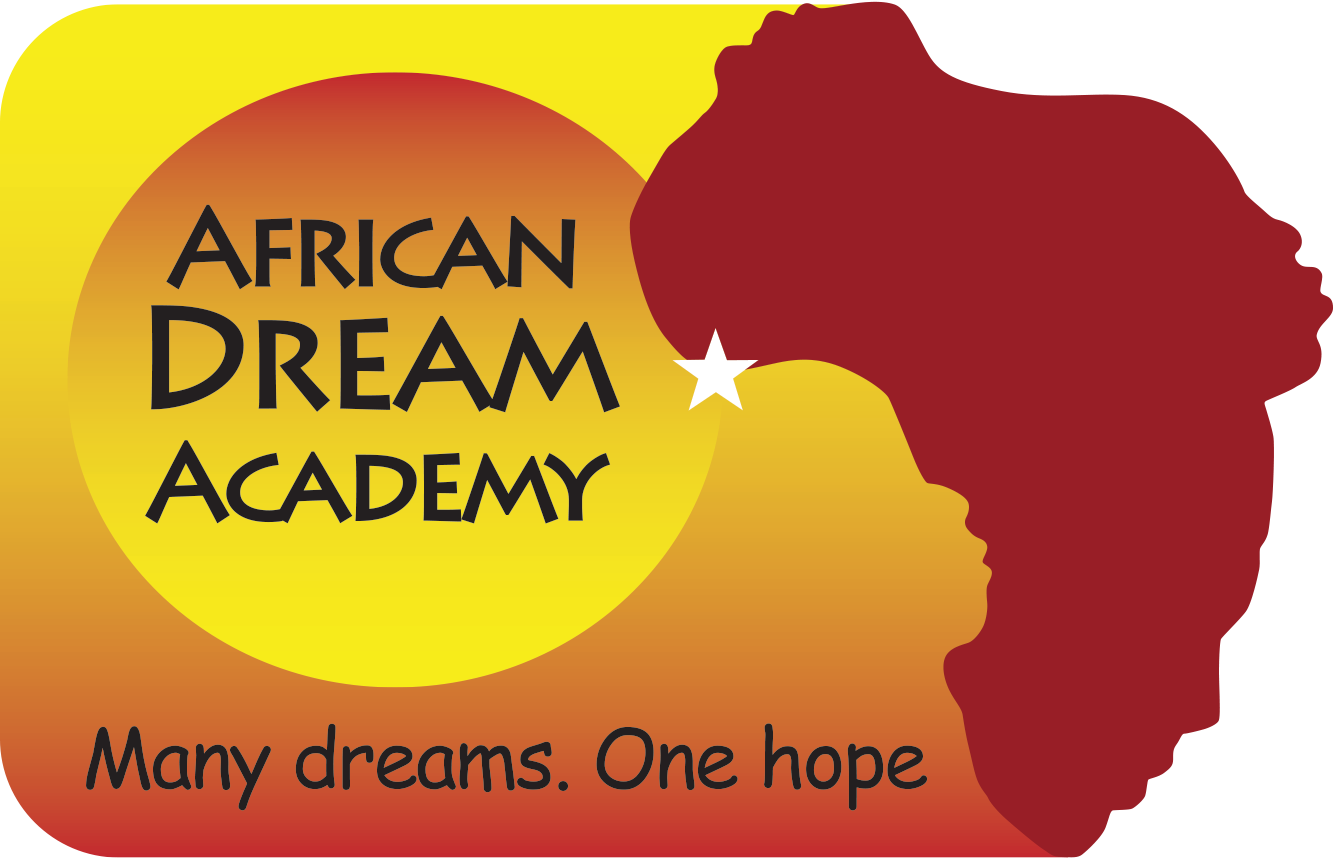Liberia: Country Profile
The Republic of Liberia holds a unique historical relationship to the United States. It began in 1822 when a group of Americans formed the American Colonization Society in order to resettle freed American and Caribbean slaves with the support of the American government. This American “colony” declared its independence in 1847 as Africa's oldest republic and took the name "Liberia" from the origins of the word, 'liber', which means free. Today Liberia is mostly made up of indigenous Africans, with the freed slaves' descendants comprising 5% of the population. English is the official language although there are over 20 indigenous languages. Christianity is the religion of 85.6% of the population while Islam is practiced by 12.2% and indigenous religions by .5%.
ECONOMY
Liberia imports 90% of its rice, a staple food, and is extremely vulnerable to food shortages. In 2007, 20.4% of children under the age of five were malnourished. In 2008, only 17% of the population had access to adequate sanitation facilities.
Main exports: diamonds, iron ore, rubber, timbre, coffee, cocoa
The infrastructure is in ruins. The United Nations (UN) voted to lift a ban on diamond exports, which fueled the civil war in April 2007. A ban on timber exports was lifted in 2006.
GDP per capita (2017): 380.00 USD (Source: The World Bank)
Low income that heavily relies on foreign assistance
Richly endowed with natural resources, minerals, and agriculture
Monetary Unit: 1 Liberian dollar = $0.0057 USD
RECENT HISTORY TO PRESENT DAY
1980: Sergeant Samuel Doe ushered in a military coup overthrowing President Tolbert and 13 of his aides in public execution: Samuel Doe suspends the Liberian Constitution and takes control
1984–1985: Doe is pressured from the United States to return Liberian political parties and wins presidential election
1989: Beginning of First Civil War in Liberia (1989-1997)
Charles Taylor leads the National Patriotic Front of Liberia (NPFL) into the capitol and starts an uprising against the government
Arbitrary rule and economic collapse due to first civil war
1990: Doe is executed by the NPF
1995: Peace agreements were signed but still political and economic chaos seen throughout Liberia
1997: Charles Taylor wins the presidential election
1997–1999: Respite of fighting but had anti-government fighting breaking out in the North
1999: Beginning of Second Civil War in Liberia (1999-2003)
Charles Taylor accused Guinea of supporting rebellion in Liberia
Ghana and Nigeria accused Liberia and Charles Taylor of supported the United Front rebels in Sierra Leone
2000: Liberian government starts getting attacked by rebels who identify themselves as Liberians United for Reconciliation and Democracy (LURD)
This caused displacement, death, and uncertainty throughout Liberia and its citizens
2003
March: Rebels advance to 10km of Monrovia
June: Talks in Ghana surrounding peace in Liberia and President Charles Taylor's involved in alleged backing of rebels in Sierra Leone
July: Fighting intensifies and rebels storm Monrovia for control
August: Peace agreements end the war and prompted the exile of Charles Taylor to Nigeria
September - October: United Nations peacekeeping troops d deploy as the beginning of their mission in Liberia. Rebels hand in their weapons but riots still continue to break out
2005: Ellen Johnson Sirleaf is elected President and is the first woman to be elected as president or head of state in Africa
2006: Former President Charles Taylor is charged with crimes against humanity and is sentenced to 50 years in prison before a UN-backed court in Sierra Leone, The Hague Court
In July, President Johnson Sirleaf switches on generated-power street lights in Monrovia, which has been without electricity for 15 years
2009: UN security Council votes to extend the UN forces in Liberia (UNFIL) into 2010 to help with 2011 elections
2011: President Ellen Johnson Sirleaf is awarded the Nobel Peace Prize and wins reelection for a second and final term as President of Liberia
2013–2014: Ebola outbreak in Liberia as the country announces emergency measure to be taken
2016: United Nations declares Liberia and the rest of West Africa free of Ebola
UNMIL hand back responsibility and security to Liberian army and police
2017: In October, general elections were held to elect a new President and House of Representatives. George Weah of the Coalition for Democratic Change Party was elected President in a peaceful run-off election held on December 26, 2017, with just over 60% of the vote. The elections, overseen by the National Elections Commission (NFC), were the first elections to be run entirely by the government of Liberia and security forces since the conclusion of the civil wars in 2013. Mr. Weah, 51 years old at the time of his election, is a former football star who played in Europe and Great Britain during the 1990s before he entered politics in 2002.
2023: In a run-off election, Joseph Nyumah Boakai (born November 30,1944) defeated George Weah to win the presidency of Liberia. Boakai previously served as the 29th vice president of Liberia from 2006 to 2018, under President Ellen Johnson Sirleaf. Prior to that, He served as the Minister of Agriculture from 1983 to 1985. Boakai ran for president in 2017, however lost the election to George Weah. This time Boakai won as many felt that Weah did not follow through on promises to alleviate poverty and improve the country’s crumbling infrastructure.





